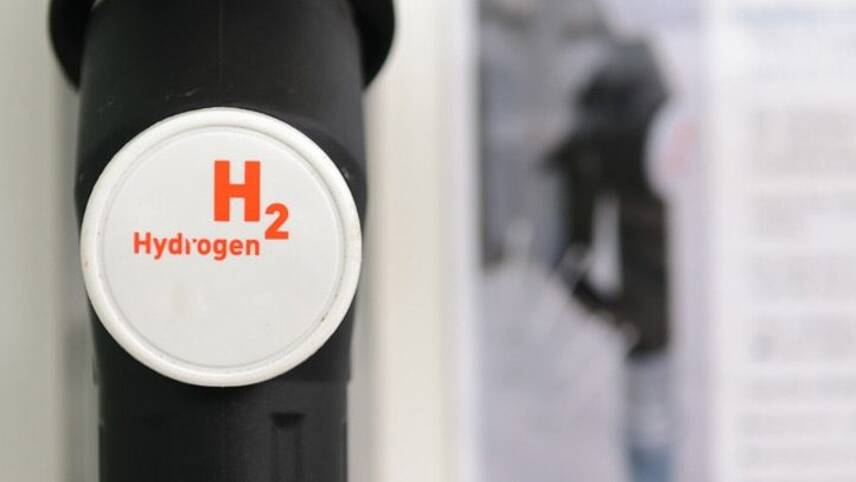Register for free and continue reading
Join our growing army of changemakers and get unlimited access to our premium content

The EIB says it shares the Hydrogen Council's "common goal" to further investment in decarbonising industry
Under the partnership with The Hydrogen Council, the Bank will provide strategic financial advice and support to companies across the European Union which are preparing to deploy large-scale hydrogen projects.
In return, the Council will help the Bank to identify and source hydrogen investment projects which it could finance.
Hydrogen is widely touted as one of the key pieces of the net-zero puzzle, given its potential to help decarbonise some of the world’s most high-emitting, hard-to-abate sectors. But given that the technology is still in its infancy, costs remain high and global investment remains far lower than in oil and gas.
According to previous research from the Hydrogen Council, global annual investments of $20-25bn (£15-19bn) between 2020 and 2030 will be needed if the world is to align with the Paris Agreement. The body represents the likes of 3M, Audi, BMW Group, General Motors, BP and Shell.
The EIB’s vice president Ambroise Fayolle said the Bank “shares common goals with the Hydrogen Council”. It has notably agreed to stop financing fossil fuel projects after 2021 as part of its bid to up green energy funding across the EU.
“The European Investment Bank is the European Union’s Climate Bank and financing new technologies and innovative projects that help to fight climate change is at the very heart of what we do,” Fayolle said.
“This is why I am particularly delighted that through our InnovFin Advisory partnership with the European Commission, we are supporting the development of the hydrogen market in Europe, which will have a positive impact globally.”
The move comes as the European Commission is due to publish its long-awaited Green New Deal, which President-elect Ursula von der Leyen has said will be the “hallmark” of her time in post. The Green New Deal is expected to contain a 2050 net-zero target for the EU, bolstered by an objective to cut emissions by 55% by 2030, against a 1990 baseline. The EU’s current 2030 target s a 40% reduction within the same parameters.
Calls for the Green New Deal to be released mounted this week, with a coalition of more than 40 investors collectively representing upwards of €6trn of assets under management writing to all EU heads of state, urging them to set legislation in line with net-zero by 2050 or sooner.
Those keen to find out more about the role which hydrogen could play in the UK’s net-zero transition are encouraged to read our latest blog on the matter, from Professor Joe Howe, chair of the North West Hydrogen Alliance (NWHA). You can access that blog here.
Sarah George


Please login or Register to leave a comment.